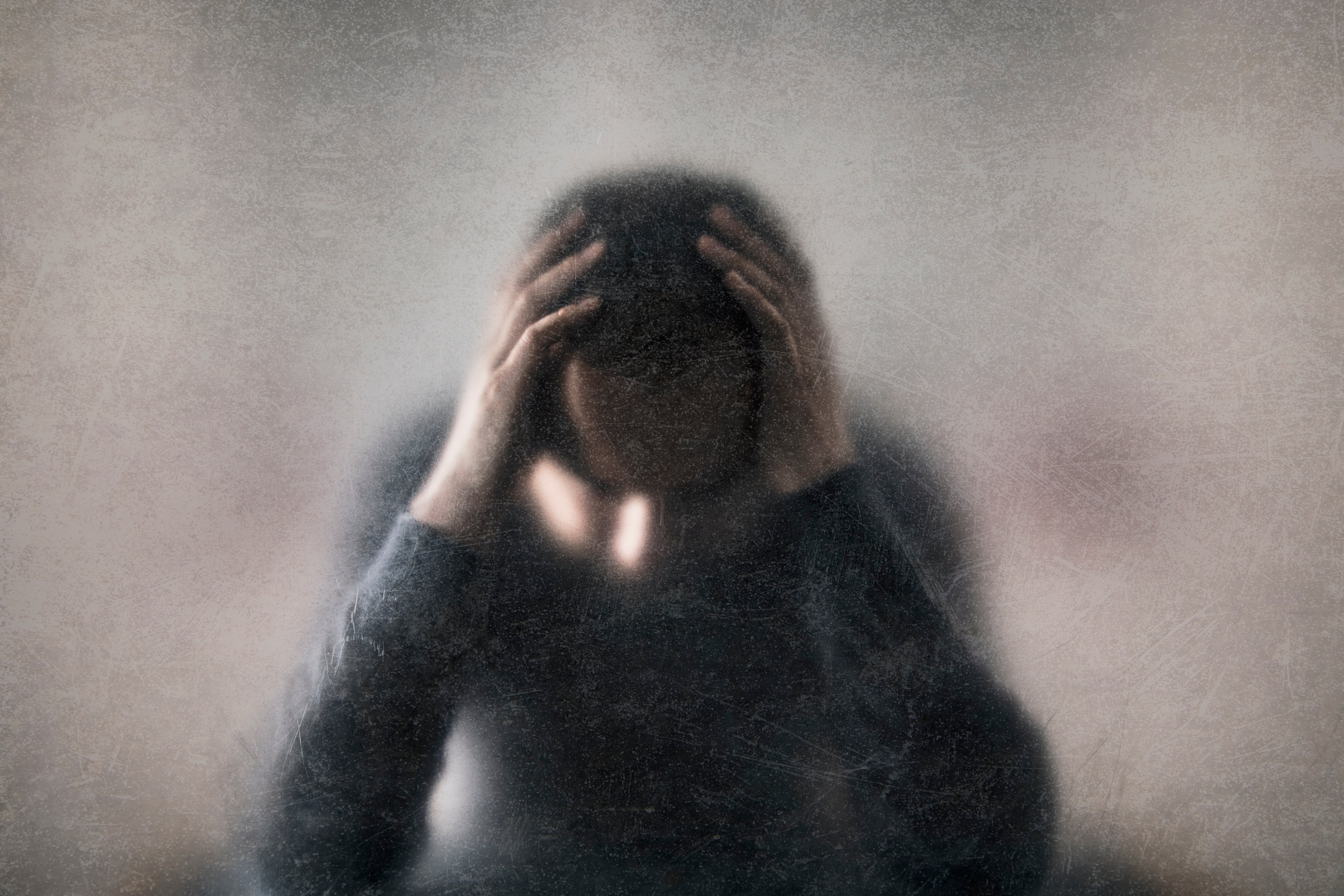I’m a dad who lost my baby. How am I supposed to grieve?
When Louis Pilard’s son Sasha died, the pain of his loss was immeasurable. But the practical and emotional challenges he and his wife faced were cruelly compounded by a system that they found ill-equipped to deal with bereavement

When the doctor told us, in a room full of beeping, ringing alarms and panicked healthcare staff, that our baby boy Sasha’s heart had stopped beating, I suddenly felt like I wasn’t a modern man in an advanced society – I was just a scared mammal. I was frightened and stood there in the hospital ward, wondering where my son had gone.
It felt too big for me to comprehend. I only knew that in that instant, everything had changed. And then, all too soon, the rest of life requires you to step on wobbly legs back into the daily world of mundane necessity.
As with live births, the father’s role in helping his partner through a stillbirth is to support. We are there to be held on to, to listen and share, to work through the birth plan or to-do list. Soon after we were ushered into the bereavement suite, where we were to spend the nights leading up to and including Sasha’s birth, I had to break the news to our family and friends, to inform my wife’s work that she wouldn’t be in the office tomorrow, to buy food and sort out the parking.
It feels wrong to mention such minor things in the context of the momentous events of my son’s life and death. But the realities of work, money and life’s logistics do not disappear – rather, when parents lose a child, financial problems and stress are often exacerbated.
I know many families who don’t get the mental health support they need from the NHS and cannot afford to pay for private bereavement counselling. There are babies’ graves near Sasha’s that do not have a headstone because although funerals and coffins for children are subsidised, headstones – which cost hundreds of pounds – aren’t included. Baby loss can affect anyone in our society, but it disproportionately affects people living in deprived areas and ethnic minorities. The risks increase when these two factors are combined.
After Sasha’s death, I met other bereaved parents who had also raised complaints of clinical negligence. The hospital complaints process is arduous. Although hospitals are supposed to provide full responses to complaints within 20 working days, many take far longer. By the time the hospital got back to us, our second child had already been born (at a different hospital) and Sasha would have been 18 months old had he lived. The countless hours, discussions and consultations involved added extra unnecessary pain to our grief.
Hospitals are guarded in their handling of complaints from fear of litigation, the costs of which are two to three times higher in NHS maternity care than what is spent on the care itself.
The irony is that most parents whose babies die are primarily looking for an apology and a promise that the same problem will not happen again, but parents are often driven to seek legal action because of their terrible experience with the hospital complaints procedures. The costs – of losing a job or income, of paying for mental health support, of living with post-traumatic stress – also pile up and some parents rightly want some compensation.
What are we left with when we follow the costs of baby loss? We have NHS maternity services that are underfunded, understaffed, and overwhelmed all around the country. We have hospitals that are financially and systemically disincentivised from communicating transparently and learning when things go wrong.
Hospitals are then forced into a lose-lose situation of cutting costs and avoiding accountability, which in turn further jeopardises safety. Staff end up burnt out and unable to safely do their jobs.
When these dominoes fall in line, the knock-on cost falls on patients and survivors – we pay the costs of funerals, sick days, lost income, mental health support, family and relationship breakdown, and higher medical-associated bills in current and future pregnancies.
If I could swap places with Sasha for him to live, I would. He was a perfect baby with a handsome face and soft skin. I have missed his first cry, first smile, his coos, laughter, first steps and words. The love that exists for Sasha and the pain of his loss are immeasurable, but the conditions of his death and the hope of preventing future deaths like his are tied up in the flawed and failed attempts at cost savings, decided by people who do not suffer our immense burden.
The Sands national helpline provides support for anyone affected by the death of a baby. You can call 0808 164 3332 free of charge, or email helpline@sands.org.uk
Join our commenting forum
Join thought-provoking conversations, follow other Independent readers and see their replies
Comments


Bookmark popover
Removed from bookmarks